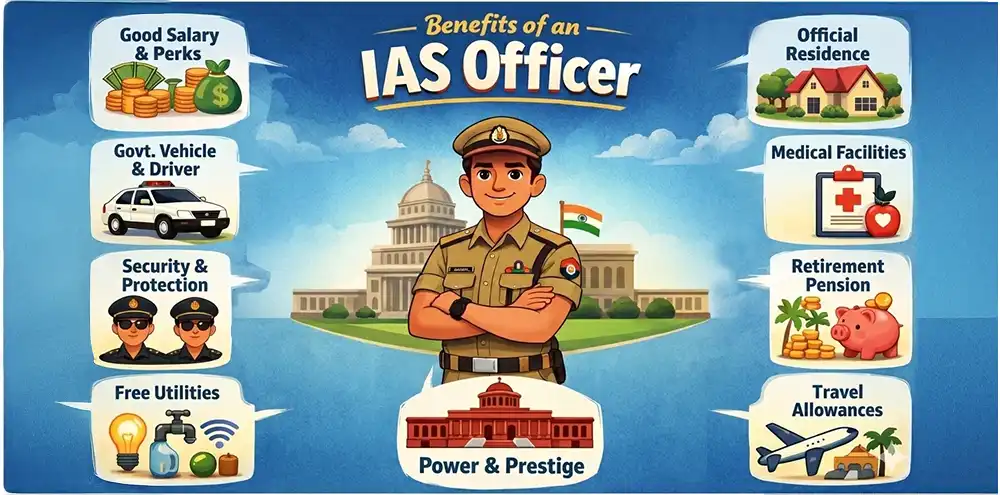Solid Waste Management (SWM) Cess
Context:
The Bruhat Bengaluru Mahanagara Palike (BBMP) proposes a Solid Waste Management (SWM) Cess of ₹100 per month per household.
Understanding SWM Cess:
- SWM Cess is mandated by the Solid Waste Management Rules, 2016, which require Urban Local Bodies (ULBs) to collect fees for SWM services.
- Typically, ULBs charge ₹30-50 per month as SWM cess, collected alongside property tax.
- ULBs are now considering increasing these rates and imposing higher charges on bulk waste generators to offset the costs of SWM services.
Key Provisions of Solid Waste Management Rules, 2016
Financial Strain of Solid Waste Management:
- SWM is a critical and resource-intensive service provided by ULBs in India.
- ULBs allocate about 80% of their manpower and up to 50% of their annual budgets to SWM services.
- SWM services involve significant capital investments in vehicles, transfer stations, and processing facilities, as well as operational costs for staff salaries and plant operations.
Waste Generation and Management in Bengaluru:
- An average urban resident in Bengaluru generates about 0.6 kg of waste per day, totaling around 5,000 tonnes of solid waste daily for the city.
- Managing this waste requires about 5,000 waste collection vehicles, 600 compactors, and 20,000 pourakarmikas.
- SWM services include four components: collection, transportation, processing, and disposal, with collection and transportation consuming 85-90% of the budget.
Operational and Revenue Challenges:
- ULBs face significant expenses for SWM services without guaranteed revenue.
- Waste in Indian cities consists of 55-60% wet biodegradable material and 40-45% non-biodegradable material, with minimal recyclable material.
- Only 10-12% of wet waste can be converted into compost or biogas, making these processes financially unviable.
- Operational revenue from waste processing covers only 35-40% of expenses, with the remainder subsidised by the ULB.
- Other challenges include clearing open points, preventing littering, seasonal waste variations, and sweeping operations.
Financial Challenges and Revenue Gaps:
- Disposal of non-compostable and non-recyclable waste, such as single-use plastics, is costly due to transportation to distant facilities.
- Large cities like Bengaluru spend about 15% of their budget on SWM, with negligible revenue apart from grants.
- Smaller cities spend up to 50% of their budget on SWM with similar revenue challenges.
- ULBs charge SWM cess to cover part of the costs of providing SWM services.
Strategies to Reduce Operational Expenditure:
- Segregation of Waste at Source: Segregating waste can increase compost yields and recycling rates, reducing operational costs.
- Reducing Single-Use Plastics: Minimising single-use plastics can lower transportation costs and overall expenses.
- Decentralised Composting Initiatives: Micro Composting Centers (MCCs) at the ward level can process wet waste locally, cutting transportation costs.
- Information, Education, and Awareness (IEC) Activities: Preventing littering and improper waste disposal can reduce the need for extensive sweeping and clearing operations.
- Bulk Waste Generators Processing Own Waste: Large institutions can set up in-house waste processing facilities to reduce the burden on ULBs.


